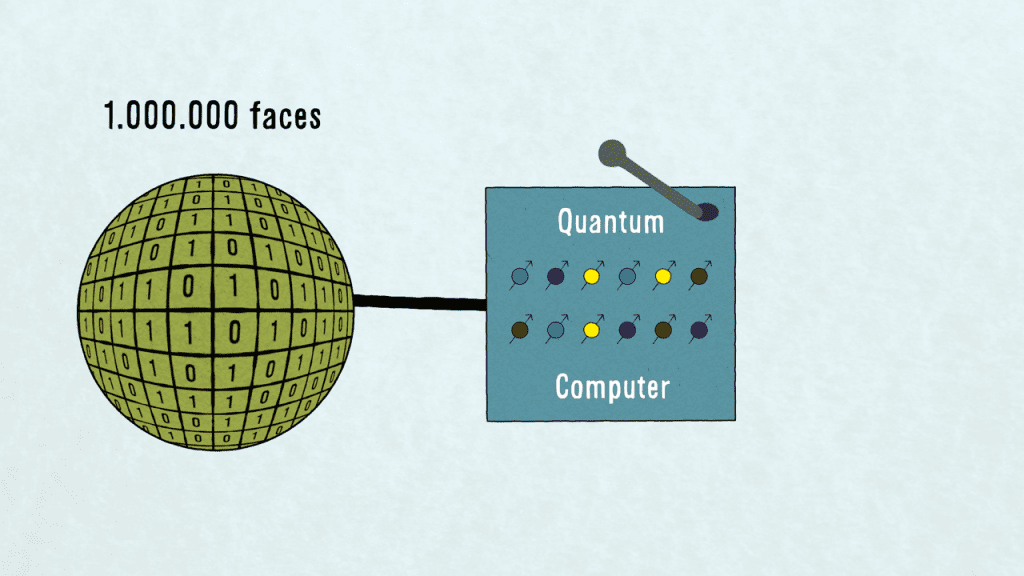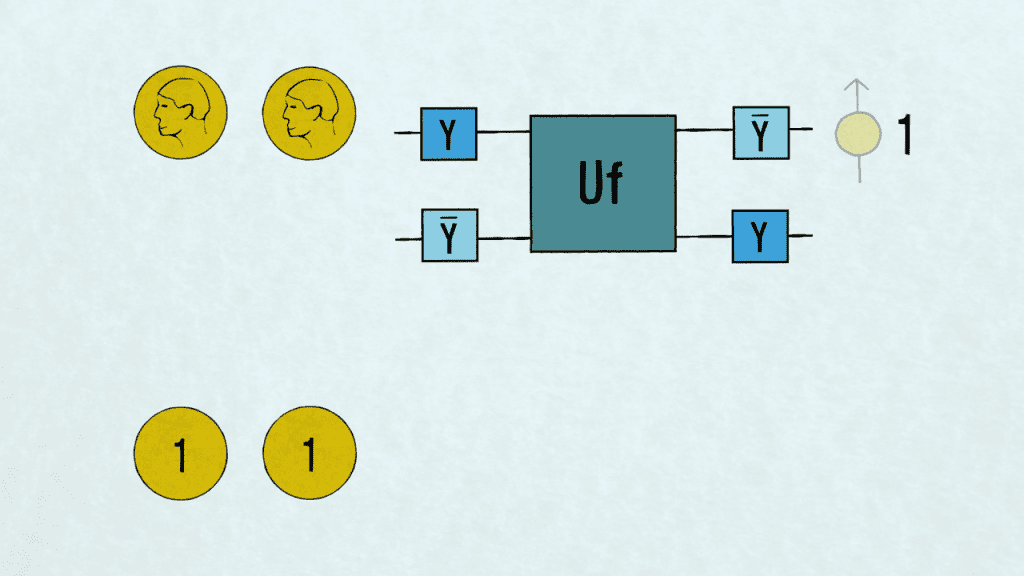14.02.2018Uncategorized
Programming on a silicon quantum chip

Quantum technology makes a great leap forward. While scientists can control a few qubits with great reliability, it doesn’t yet look like a real computer. Useful quantum chips require programmability: the ability to perform an arbitrary set of operations. Scientists from QuTech in Delft have now realised a programmable two-qubit quantum processor in silicon successfully implementing two quantum algorithms. They have published their work in the magazine Nature.
Expected promises
The quantum computer of the future will be a game changer in the area of large and intensive calculations. By using quantum superpositions and entanglement of quantum bits (qubits) calculations can be performed in parallel. Professor Lieven Vandersypen expects that this will make calculations that are practically impossible for classical computers, such as factoring large prime numbers and searching large unsorted lists, possible in the future.
Programmable calculations
In recent years, scientists have achieved ever better qubits. These few qubits are now measured and manipulated with such high reliability that useful programming becomes important. To be able to perform universal quantum calculations, operations that control the state of individual qubits and intertwine multiple qubits in a controlled way are required. ‘This set of operations must be available in such a way that we can place them in any order to perform different algorithms ‘ explains Tom Watson,’ that is what we call programmability’.

